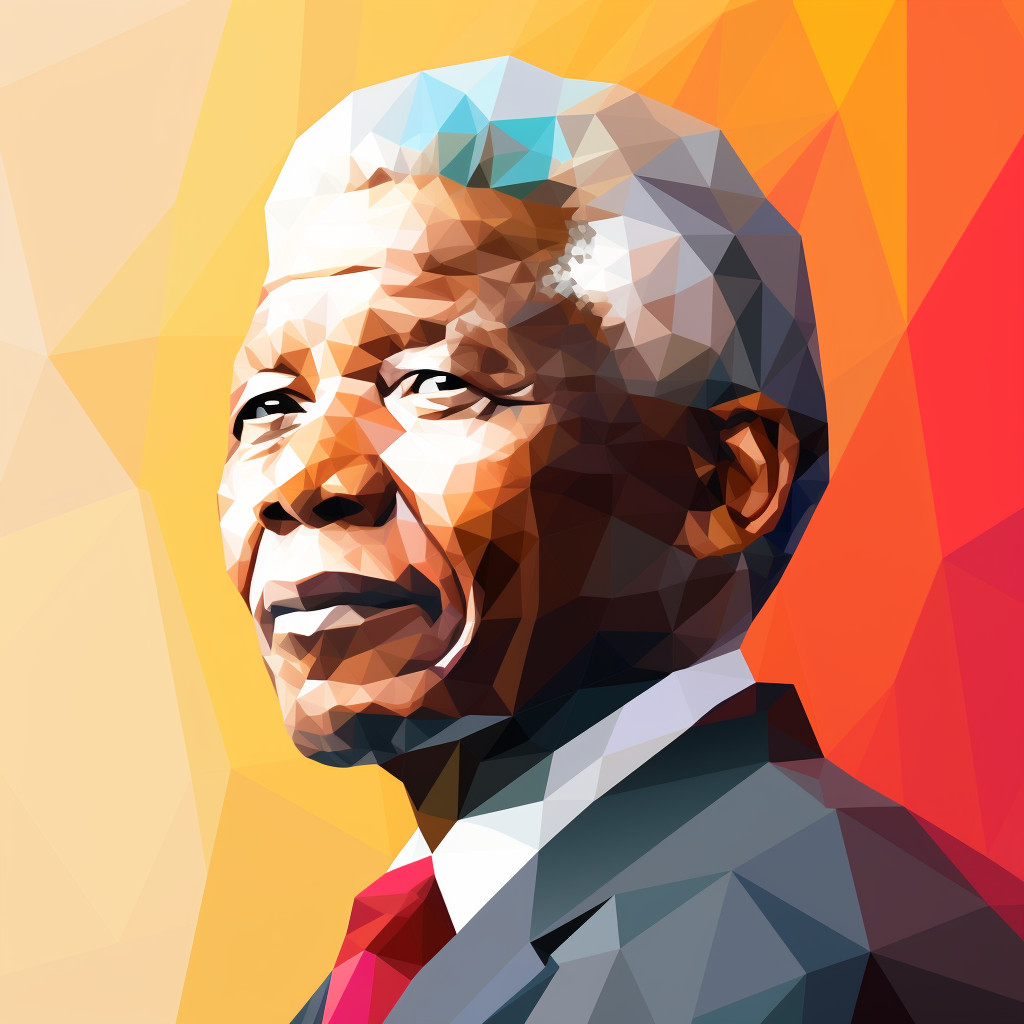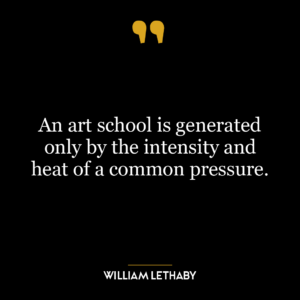This quote emphasizes the belief that it is within our collective capacity as a society to establish an environment where every child, irrespective of their background, can receive a quality education. It underscores education as a fundamental right, not a privilege, and suggests that our shared efforts can make this a reality.
The quote is a call to action, urging us to acknowledge and harness our power to effect change. It suggests that the barriers preventing universal access to quality education are not insurmountable. They may be social, economic, or political, but they can be overcome. The quote also implies that creating such a world is not just a matter of resources, but also of will and commitment.
Applying this idea to today’s world, it could inspire initiatives that aim to bridge the educational gap among children from different socio-economic backgrounds. It could encourage governments, non-profit organizations, and individuals to invest more in education, create inclusive and effective learning environments, and remove barriers to education such as poverty, discrimination, or geographical isolation.
In terms of personal development, this quote could serve as a reminder of the transformative power of education and the importance of lifelong learning. It could encourage individuals to contribute to educational causes, to continuously seek knowledge and self-improvement, and to use their own education as a tool for social change. It could also inspire educators to strive for excellence and equity in their work, knowing that their efforts can shape a better world.












